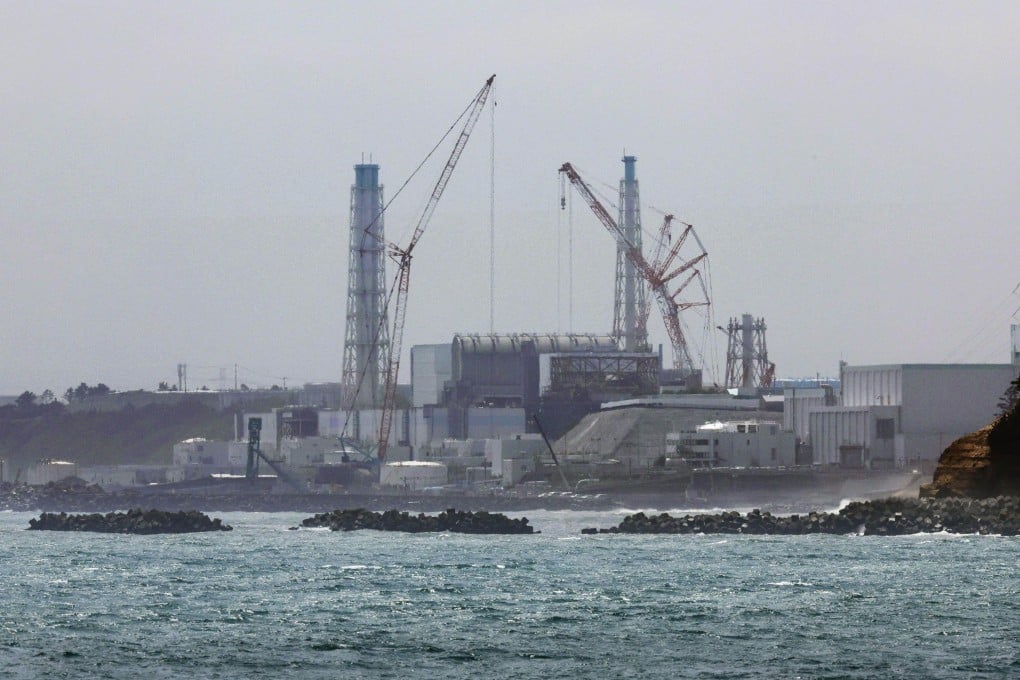Editorial | Deal on monitoring Japan’s Fukushima water best way forward
Hong Kong to follow up agreement between Beijing and Tokyo over nuclear plant discharges that brought seafood ban

More than a year has passed since treated radioactive water was discharged into the sea from Japan’s crippled Fukushima Daiichi nuclear power plant. Inevitably, the ensuing ban on the country’s seafood by the mainland, Hong Kong and Macau to protect public health took its toll on relevant industries and consumers.
However, while the restrictions were necessary to enhance food safety, they came at a great cost to the economy and bilateral relations.
In a welcome move, Beijing and Tokyo have reached an agreement on establishing a long-term monitoring framework under the International Atomic Energy Agency. The arrangement will ensure effective participation and independent sampling by concerned nations to address their worries over the impact of discharges on the food chain and environment.
This will hopefully lead to a gradual resumption of imports of Japanese aquatic products that meet regulatory standards.

Although no specific details have been given so far, it would be unrealistic to expect the ban to be lifted in one go any time soon. The foreign ministry said China would conduct technical consultations with Japan and gradually resume imports, providing requirements are fully met.

